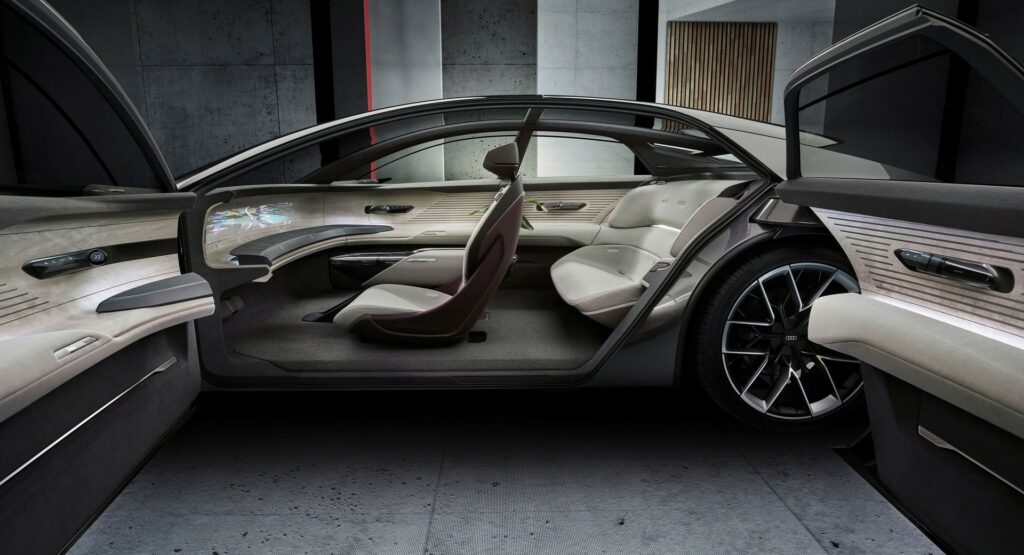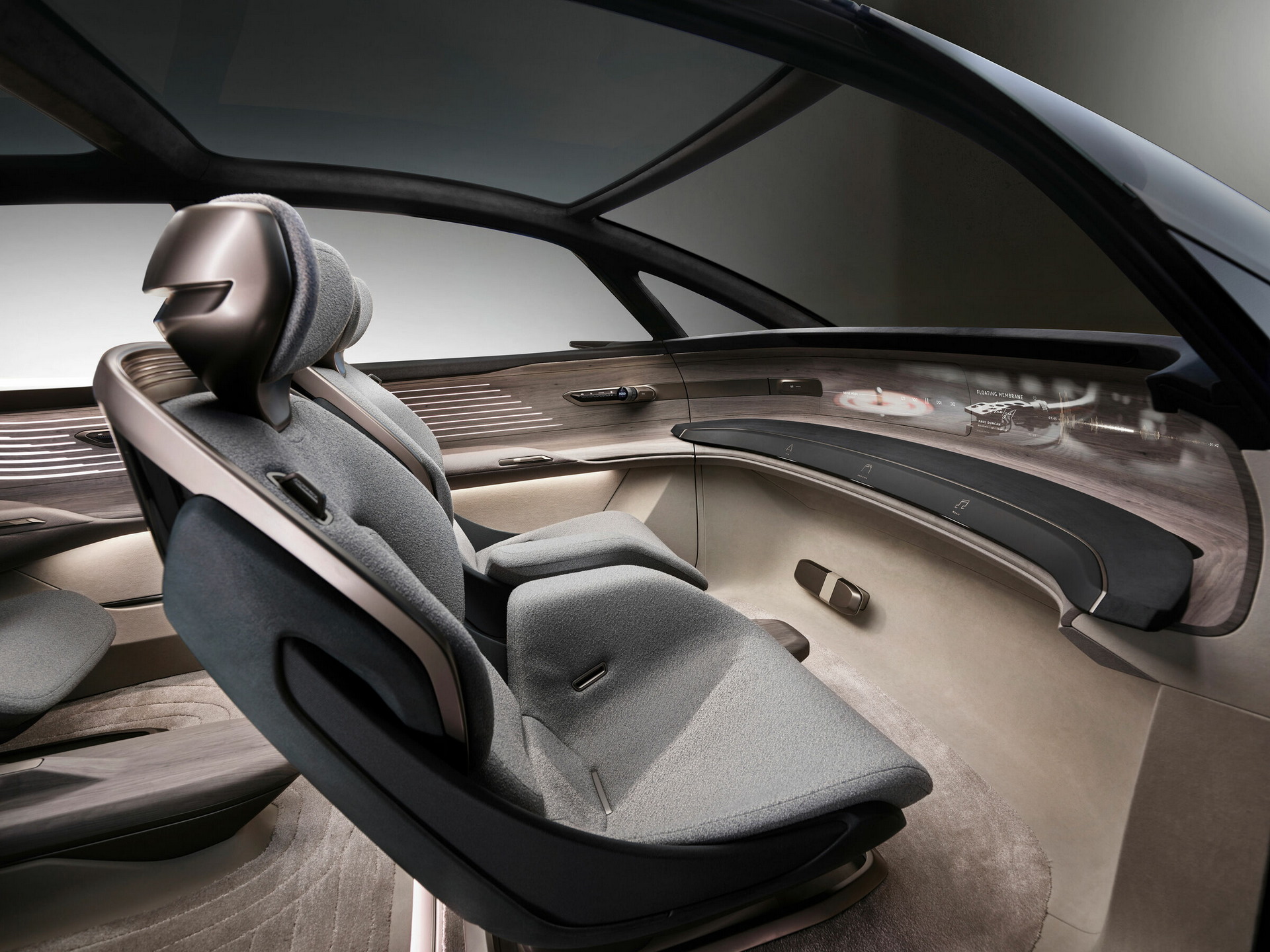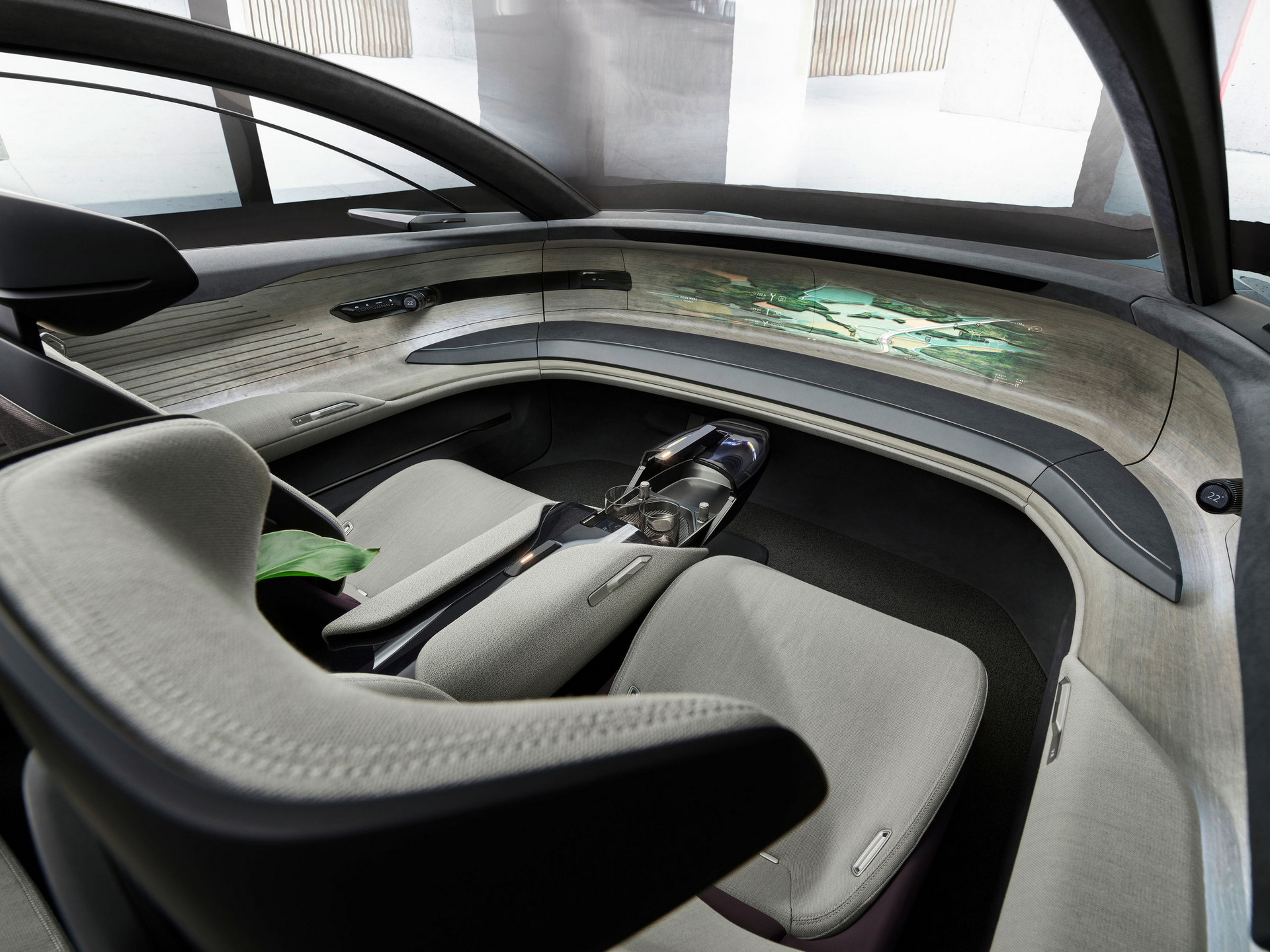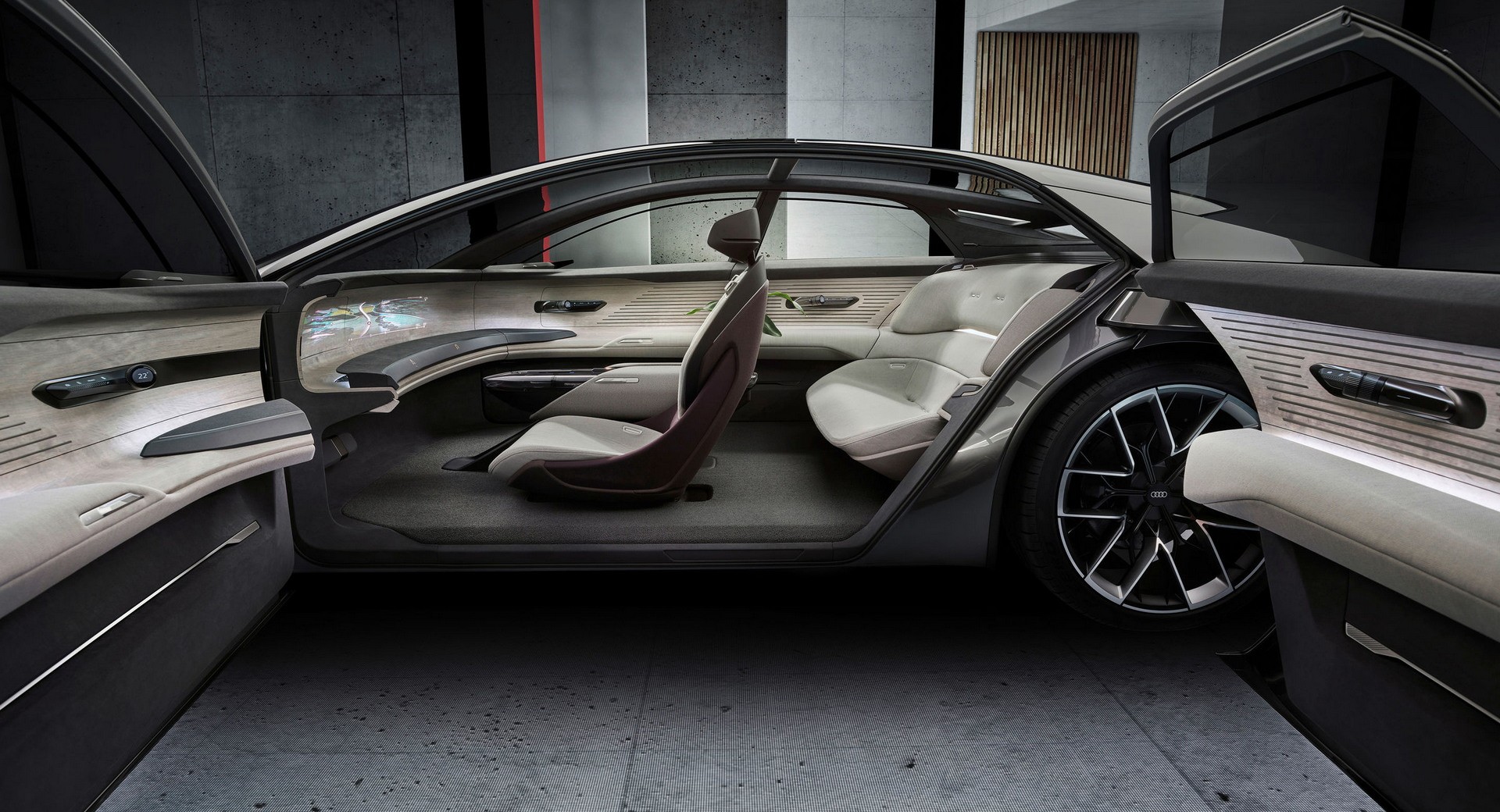As we inch closer to a world full of autonomous vehicles there are still a great many questions to answer about the technology. Legislation, infrastructure, and automotive design will all have to shift as the transition takes place and that’s left some of the public uneasy. Now Audi is trying to put out those concerns with the help of results from a new study.
Last December, Audi announced a new initiative called &Audi which set out to examine the overall societal dimension of autonomous driving. To do so they began a study with the help of experts in the field and called it “SocAIty”. Now, the results are in and Audi has addressed some of its findings.
One of the largest concerns about autonomous vehicles is how they’ll handle issues like “the trolley problem”. Put another way, how they’ll handle hazardous situations with seemingly no way of avoiding injury to the occupants, other individuals outside of the car, or both.
Read Also: The 2022 Audi RS3 Is Like Bruce Banner And The Hulk On Wheels
Years ago, Mercedes boldly proclaimed that its vehicles would make protecting occupants its main priority and in doing so they foreshadowed Audi’s findings as well. The automaker says the vehicle can only do what it’s programmed to do since it’s not a thinking, reasoning entity no matter how advanced it is. “It can and will only assume the ethical decisions and values of the people who design it – and apply them without its own interpretation,” says the study.
One of the aforementioned experts, Christoph Lutge, clarified that sentiment even further by making clear what the priority would be for most manufacturers: “We have to move on from the more theoretical dilemma situation to address the actual problems that affect companies, such as issues of liability and risk assessment.” Of course, Audi covers quite a number of other topics involved with the future of autonomous vehicles, such as legislation, making driving less fun or the issue of requiring fewer parking spaces.
Another important concern that many have is how vulnerable self-driving vehicles will be to hacking. Audi points out that in fact, autonomous vehicles won’t be any more vulnerable than other vehicles. At the same time, it acknowledges that should vulnerabilities be found and exploited, the danger is more serious.
The study also covers how infrastructure will need to change to better incorporate these vehicles and how automotive design itself will shift towards more focus on the cabin. It also makes clear that the first autonomous vehicles won’t likely be capable of driving just anywhere as infrastructure will play a role in that aspect.
All in all, it seems as though big companies like Audi are doing their best to get a handle on the situation as quickly as they possibly can. What are your thoughts on autonomous driving? Would you rather see fewer humans piloting their vehicles and letting the computers take over or are you more concerned about the limits of the technology?







